Impact of Russian Invasion on Global Food
The Russian invasion of Ukraine, which began in 2022, has caused serious global repercussions, especially on food security. This conflict has significantly disrupted food supply chains and increased prices of agricultural products and fertilizers, affecting millions of people around the world, especially in low-income countries that rely on imports.
European Agricultural Self-Sufficiency and its Vulnerabilities
The European Union, recognizing the gravity of the situation, has undertaken several initiatives to address this global food crisis. Although Europe is largely self-sufficient in agricultural products, there are specific vulnerabilities, such as dependence on imported feed proteins and high production costs due to rising energy and fertilizer prices. These factors risk further increasing food prices.
EU Strategic Interventions for Global Food Security
To mitigate these challenges, the European Commission has proposed a series of short- and medium-term measures. These include direct support to the most affected farmers, strengthening global food systems and investing in food security. From 2020 to 2024, the EU plans to invest €18 billion in global food security, and in the period 2021-2027, it will support food systems in around 70 partner countries.
Concentrated EU Support for Regions in Crisis
Furthermore, the EU has committed to provide significant support to address food security in the Sahel, the Horn of Africa, and the most vulnerable countries in Africa, the Caribbean and the Pacific. These initiatives demonstrate a continued commitment to humanitarian assistance and global development in terms of food and food systems.
EU Support Measures for Affected Farmers
In the context of EU agriculture, measures have been taken to support farmers' liquidity and facilitate agricultural production, despite export markets being affected. The EU is also considering market security measures for the pigmeat sector, which has been particularly affected by the current situation.
Managing Imports and Exports in Response to the Crisis
As regards imports from Ukraine, the EU has temporarily suspended duties and trade defence measures on Ukrainian exports to alleviate the difficulties faced by Ukrainian producers and exporters. However, to avoid market distortions, preventive and control measures have been introduced on exports of certain agricultural products from Ukraine.
Towards a sustainable food future: The role of the European Commission
The current crisis has reinforced the importance of accelerating the transition to a more sustainable and resilient global food system. The European Commission is working in eight global coalitions to transform the food system, promoting resilience and sustainable productivity growth. These actions are vital not only to address the immediate crisis but also to better prepare for future global crises.



